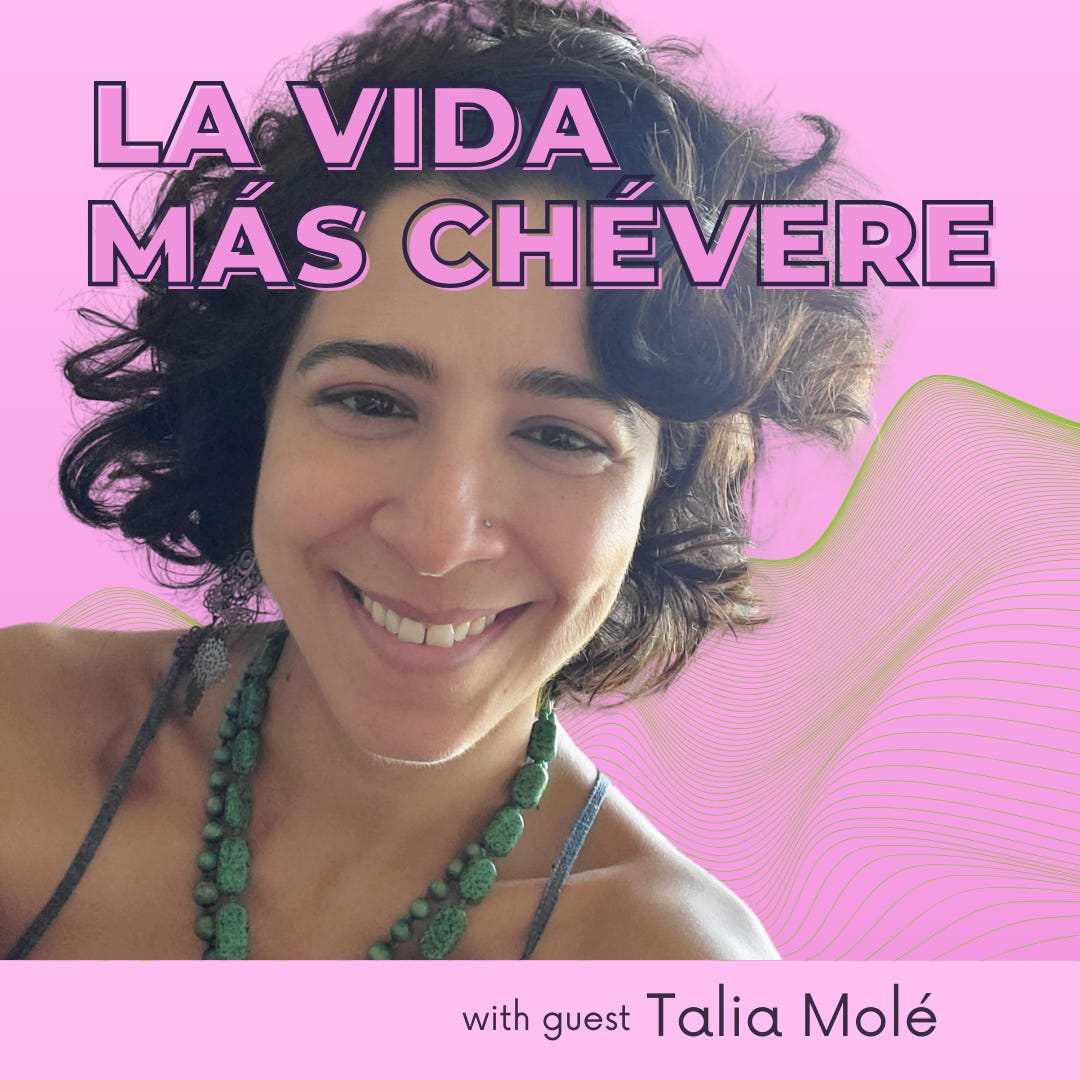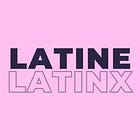In the replay episode with activist, artist, and anthropologist Talia Molé, she expands on the language around motherhood and talks about how being an immigrant means she’s always in translation (even after becoming fully fluent in English).
But the first point she makes about language is that she is ardently childfree as opposed to childless.
Some people use these terms interchangeably. But for others one is more correct than the other.
What follows is an excerpt of our interview focused on how being childfree sparked Talia’s dissertation.
***Trigger warning: hysterectomies and bodily autonomy are mentioned
Scroll down to listen to the episode in full.
Related posts on freedom and language:
It’s a Choice and It Liberates Me
Talia: You asked the question about how does being childfree informs people, especially Latinx female-identifying people. For me, it was the beginning of my work.
I actually was going through an ailment. I was sick for a while and I was looking for a hysterectomy and because of my age—and I believe, after my research, I understand this to be that also because of how I present physically: as a cisgendered woman, and possibly I am a bit darker, but passing.
So, I am possibly the body that people want to try to have babies, you know? I was denied a hysterectomy, left and right. Even though I was bleeding every single day, even though I was in a lot, a lot, a lot of pain. And it wasn't until I was finally 36, because you have to be 35 or over in order for some states to allow the hysterectomy.
I was finally granted the hysterectomy at 36 years old. And when I was getting my PhD, I wanted to focus on that. I wanted to focus on why is it so hard to have full autonomy over my body, even though I knew I was born understanding that I did not want children. I did not want to have a child in my body, a human being in my womb.
Why was that not respected? And so it was actually during my research that I came to this idea that first of all, I'm not childless. There's nothing missing in my life. I'm childfree because it's a choice and it liberates me.
De-biologizing Motherhood
When you're doing a PhD, you have to have a literature review. And so I went into the readings of what it meant to be childfree. But then came to understand that that's also not necessarily the legacy and the conversation of people that are of my ancestry and my lineage. I'm a Caribbean immigrant, Afro, Taína, European descent. I was born in the Dominican Republic and my mom's Cuban. And we come from an ancestry and a legacy of people that are not “accepted.”
So I started to shift the language from childfree to really just focus on the mother aspect. I wanted to de-biologize briefly the idea of mother, motherhood and mothering. And for me, it was important to contest language, especially as an immigrant child.
My first language is Spanish and I was always translating. And that doesn't change once you grow older, and once you learn English. I feel that I'm always in translation. So for me, pushing language and the barriers and the boundaries and the oppression of language and narrative is very important. It's part of my work.
And so I started as I was doing research on mother and motherhood and mothering, I realized that people that are of my background, of my ancestry, many of them were sterilized by force or even without knowing. It's still happening today. And so in many cases, having children if you're of our ancestry, is actually the radical act. That's the rebellious act.
And that still didn't change that I didn't want children! But I wanted to honor that legacy. And this is why my work or how my work evolves in this concept of de-biologizing or suspending biology from mother, motherhood and mothering. So it's not solely this idea of this predetermined biological relationship.
The Expanded Definition of “Motherhood”
How else can we be mothers? Because honestly, I feel like I was born a mother. I am a mother. And I feel like I've had many children in my life and they're not just human children. It's beyond the human. I birth ideas as an artist, I birth stories and I birth relationships.
I've been a mother to my friends and to my lovers and to my family members. And I also noticed to me that this reclaiming of mother, motherhood, and mothering was acting as a radical remembrance of the matriarchal lineages that we're from. Taínos were matriarchal peoples, and so were my African ancestors.
So for me, it's not just about, ”how about we don't use the term mother?” It's actually about reclaiming it and understanding it as a whole, completely different paradigm. It's about entering into relationships in a horizontal way. Seeing people as my equal and being inclusive in all the spaces that I create. How do I center love and life?
So, yeah, that's how being “childless” landed into my work. And it's how I move!
Paulette: I love that what you said is that it's “childfree” because it's freedom and a choice, not “childless” because it's not less than. That is also where I stand on the subject matter of the language, because I know for different people it's different things. But as far as I am concerned, like you, I was born this way. And I am not less than.
And this is what I'm trying to show is that just because it's a difference from what is common, it's not weird, it's not wrong, it's not abnormal. It's natural. One does not have to actually birth children, create other human beings, in order to be a fulfilled person or to be a contributing member of society either.
Stay tuned for more from this conversation coming this week.
How to Listen to this Episode
Listen on your favorite podcast platform, or on Apple or…
Listen on Spotify








